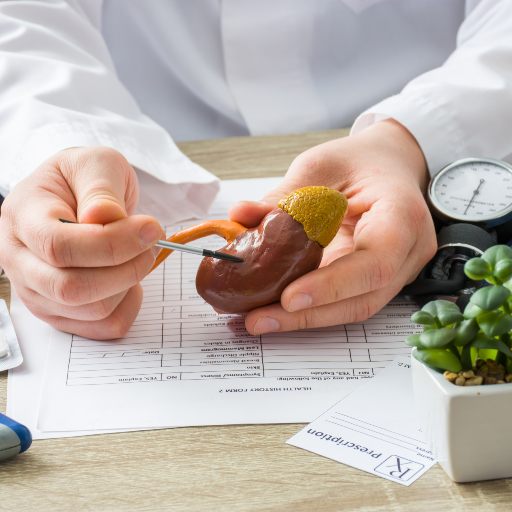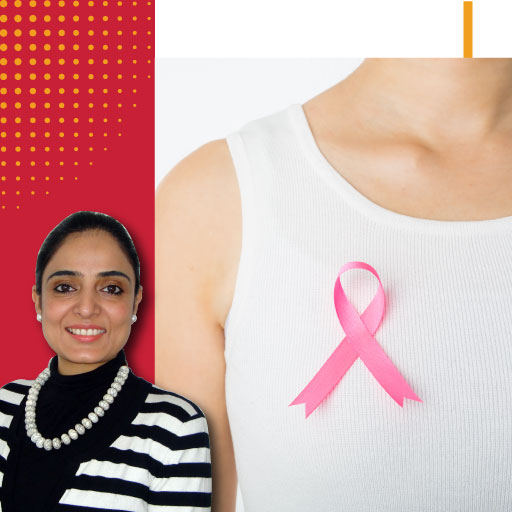In a country like India, women’s health is not an openly discussed topic. In some cases, it might even be considered taboo to talk about menstrual cramps, changes in the breasts, or other health irregularities connected to women. This needs to change immediately.
What you need to know:
Women’s mental health
Women’s mental health is a complex and important topic which encompasses a range of issues that affect women’s emotional, psychological, and social well-being and is determined by social and biological factors. Some common mental health issues that affect women and the quality of their life and overall health include:
- Anxiety
- Depression
- Eating disorders
- Bipolar disorder
- Post-traumatic stress disorder
Some mental health issues that are more prevalent in women include:
- Perinatal mood and anxiety disorder (PMAD), also called postpartum depression, is experienced during pregnancy, after having a new baby, adopting, or experiencing infant loss;
- Premenstrual dysphoric disorder (PMDD), a severe extension of premenstrual symptoms (PMS), can cause mood swings, irritability, anger; and
- Menopause-related mood changes.
These changes are caused by hormonal fluctuations, life transitions, and other factors that are unique to women’s experiences.
Women’s physical health
Women’s physical health comprises their overall well-being in terms of bodily functions, physical abilities, and the absence of illness or diseases. Some key areas of women’s health include reproductive health, cardiovascular health, and musculoskeletal health. Reproductive health is particularly important, as it includes menstruation, pregnancy, childbirth, and menopause. Regular gynecological check-ups and screenings are vital to maintaining reproductive health. Women are at a higher risk of osteoporosis than men, a condition in which bones become weak and brittle. Therefore, eating a healthy diet, maintaining weight, exercising daily, and getting adequate rest are of utmost importance.
Common women’s health issues
Breast cancer, ovarian cancer, heart diseases, as well as depression and anxiety rank among the top most common health and wellness issues in women. On International Women’s Day, it is important to bring these issues to light so that more women are aware of their health risks and can protect themselves accordingly.
The importance of women’s wellness
There are several reasons why women’s wellness is important, but we will focus on the top three.
High risk of serious illness: All the women’s health issues mentioned earlier are serious conditions that could considerably affect the quality of life of women suffering from them. Both breast and ovarian cancer are treatable when detected in the early stages. This is why women need to get annual tests to keep track of any changes in their bodies. Irregular bleeding, severe abdominal pain, lumps in the breast, and so on should not be ignored and should be reported to a doctor.


Always putting others first: Women have a tendency to always put their families first. This often comes at the cost of their own health. Signs and symptoms of conditions like heart disease are ignored and passed off as just tiredness. If women start to experience extreme fatigue, breathlessness, blurry vision, light-headedness, and other related symptoms, they could be at risk of heart disease. These symptoms should not be ignored, and medical help should be sought. It is okay for women to put their own health first if it means potentially saving their lives.


The whole family gets affected: Daughters, mothers, and wives form the backbone of the family unit. They are usually the ones who plan the meals, care for the children and elderly, and transform houses into homes. A woman who is mentally or physically unwell finds it very difficult to cope with the expectations that society has of her. If she is already suffering from stress and anxiety, this situation could make it worse and even lead to depression affecting all those around her as well.
What are the benefits of women’s wellness?
There are many benefits to women’s wellness:
- Improved physical health: Women who prioritize their own well-being are more likely to maintain a healthy weight, have better cardiovascular health, and have stronger muscles and bones. Their improved physical health enables them to fight chronic conditions, such as diabetes, blood pressure, and heart disease.
- Reduced stress: Women who prioritize their wellness have better stress-management skills and are relaxed in the face of adversity. Reduced stress also improves their mental health, which provides them with a positive outlook on life.
- Improved mental health: Being physically active also promotes psychological well-being, reducing the risk of anxiety and depression. Practising yoga or meditation can boost productivity and improve the overall quality of life.
- Increased self-esteem: Women’s wellness motivates them to become the best version of themselves, making women feel confident in their skin. This can lead to improved self-esteem and an optimistic self-image.
Women’s wellness exam
A women’s wellness exam is a comprehensive medical check-up that focuses on women’s holistic health and well-being. It includes a variety of screenings and assessments to check for potential health problems. A women’s wellness exam may include the following:
- A physical exam to check vitals signs, like heart rate, blood pressure, and respiratory rate, or any sign of illness and disease;
- A pelvic exam to check the health of reproductive organs, which include the cervix, uterus, and ovaries;
- A Pap smear is performed during the pelvic exam to screen for cervical cancer;
- A breast exam may be performed to check for lumps or abnormalities in the breast tissue.
- Blood tests are performed to check for a variety of health conditions, including cholesterol levels, thyroid, and blood sugar levels;
- A healthcare provider may recommend immunizations, such as the HPV vaccine and flu vaccine, among others;
- Depending on a woman’s age and health history, additional screening tests, like bone density tests or mammograms, can be recommended.
The International Women’s Day Pledge


This International Women’s Day, let all women pledge to take better care of themselves. Let’s make women’s health a topic that we are comfortable discussing and taking action on when necessary. Here are some health tips for women to ensure their wellness all through the year:
- Eat a balanced and nutritious diet.
- Get enough exercise.
- Get adequate sleep for at least 6-8 hours.
- Take a break from your daily routine at least once a week.
- Do something that you really enjoy.
- Spend time with your friends.
Women’s wellness should not be neglected at any cost. Visit the Health and Wellness Blogs for great nutrition and fitness tips to lead a healthier life. Stay tuned to the Activ Living Community. Keep up to date with the latest health tips and trends through expert videos, podcasts, articles, and much more in nutrition, fitness, mindfulness, and lifestyle conditions like Asthma, Blood Pressure, Cholesterol, and Diabetes.
Popular Searches
Natural Beta blockers | How to cure depression | Summer activities for kids | High bp symptoms | HIIT workout | How to increase platelet count | Dash diet | Systolic and diastolic blood pressure | High blood sugar symptoms | Tabata workout | Push ups for beginners | Benefits of zumba | How to prevent breast cancer | Homeopathic medicine for asthma | Fruits to avoid in pcos | Neck pain relief exercises |Yoga for heart | Healthy soup recipes | Anti aging foods | Vitamin rich foods

















Nice article on women day. I like it .